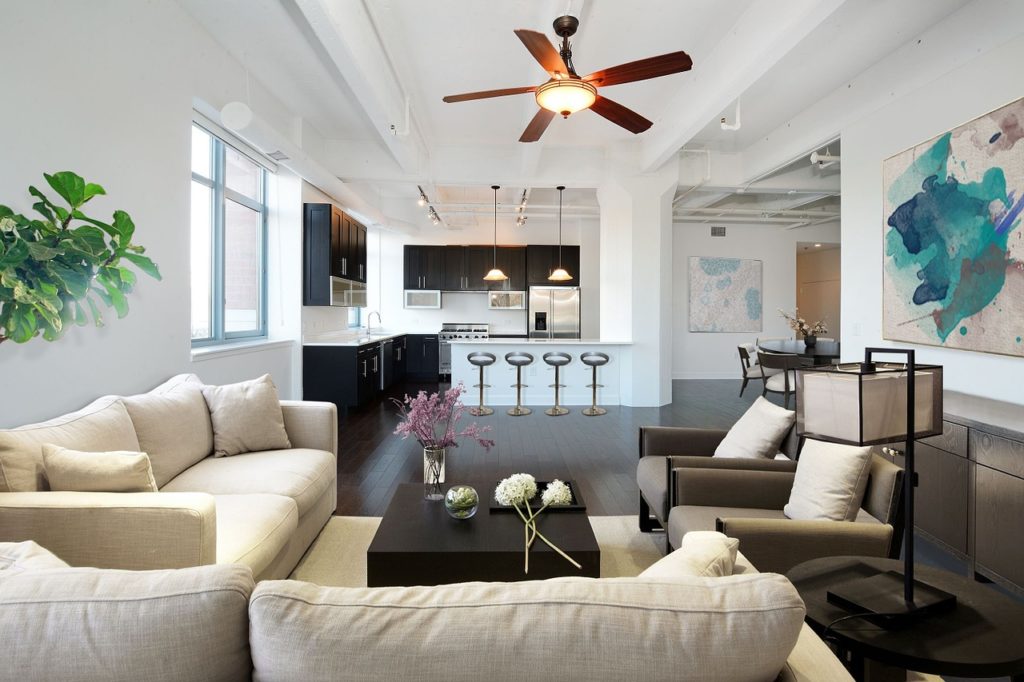
Under a seemingly innocuous proposal titled “Registration and permitting of property within the Town of Hempstead,” Supervisor Anthony Santino and the town board amended the rules for owners of rental property and took a stand against Airbnb and other “house hosting” services.
On July 11, the board voted unanimously to amend the town code and restrict residential property rentals to a minimum of 28 days. According to a press release, the town also established “a residential property rental permit and registry program. The permits provide for property inspections to ensure that rental units are safe and compliant with fire safety, zoning and building codes and regulations.”
At a press conference in June announcing the proposal, Santino claimed they were necessary “as a result of the proliferation of short-term residential rentals, which has been evidenced through a sharp increase in transient rental listings in the town on websites such as Airbnb, VRBO and Home Away.”
Under the program, those who register would be charged a fee of $500 for the initial two-year permit and a renewal fee of $200 thereafter. That assumes one rental dwelling unit within the property. Each additional unit would be charged a $200 initial and renewal fee to cover administrative costs.
The law prohibits the listing of properties for short-term rental or as accommodating “transient rentals.” The town’s building department would be monitoring short-term rentals sites and real estate listings to uncover violations.
Twenty-five people spoke on the resolution at the public hearing before the board voted on it. Fifteen were in favor, the vast majority of them from Point Lookout and Lido Beach. These oceanside communities had always drawn summer renters, year-round residents observed, but the influx of short-term transients (drawn by websites) has brought problems and is threatening to change the character of their community. Residents complained of loud parties, disturbing behavior and an exacerbated parking situation.

Adeline Quinn of Lido Beach summed up the side supporting the law: “This is not a commercial area,” she said. “If I wanted to live in a seaside community that was commercial, I would have moved to the Town of Hempstead a number of years ago. This creates all kinds of problems for us with people parking illegally, using our beach when they have no idea what the neighborhood is about. It is a safety issue. It is a health issue. And, I am completely opposed to these one-night rentals. It just doesn’t work.”
“Our quiet residential neighborhood is becoming an area where we have motels, pretty much, and that is just very concerning and in my capacity as president of the civic association, anywhere I go, people are stopping me with another story, whether it is true or not,” said Elizabeth Murdy of Lido Beach.
Murdy also read a letter from former Senator Alphonse D’Amato, who strongly urged adoption of the law.
“Unfortunately, a number of residents have taken to short-term rentals, not only for a week or two at a time, but on a regular basis, renting to large groups of unrelated people on weekends. Most of these who rent are young people looking for a good time and have little or no consideration for those adjoining or nearby residences in the neighborhood,” D’Amato noted.
Those opposed to the law mostly touted the financial advantage of renting out empty rooms. They cited the crushing burden of property taxes and the struggle to make ends meet. Some even mentioned the social benefits of meeting people from other cultures and socio-economic strata. They believed that Airbnb did a good job in screening applicants, and by adding their own “house rules,” they felt safe in welcoming strangers into their homes.
Mohammed Atif of Garden City said he understood the safety and noise concerns that people had, but, “One of the biggest things that you have to consider is economic benefits for the local community. Forty-two percent of Airbnb guests use the local community as a way of life, go to restaurants, [and] go to shops. So, this is actually bringing in business into the local community.”
Norman Ellis of Levittown pointed out that people have been renting rooms in their houses for decades.
“This legislation will simply hurt people who really need some extra money,” he said. “In my house, I am paying over $10,000 a year in taxes. It makes no sense for me not to be able to rent out one or two rooms in the house, to get some extra income.”
Councilman Bruce Blakeman acknowledged “that there are very compelling issues on both sides that have been raised….I think the biggest consideration for me is the safety issue and I think it is being minimized. We are a town of neighborhoods. We know who is in our neighborhoods. We know who is moving in. We know who the people are that live on our block.”
Blakeman related a story of a young girl in his neighborhood getting off the camp bus, and her parents had been detained at work and she had no key to her house. So she went and stayed with neighbors that she knew until her parents came home.
Suzanne Bettis and Shaun Skeete of Hempstead (the latter testified at the hearing) had an email exchange with William Muller, a town attorney, who informed them, “The town board has received dozens [of complaints] from the area surrounding the coliseum and along the south shore. The town wouldn’t be acting if that wasn’t the case.”
Residents near Hofstra University have complained of illegal rentals to university students.































